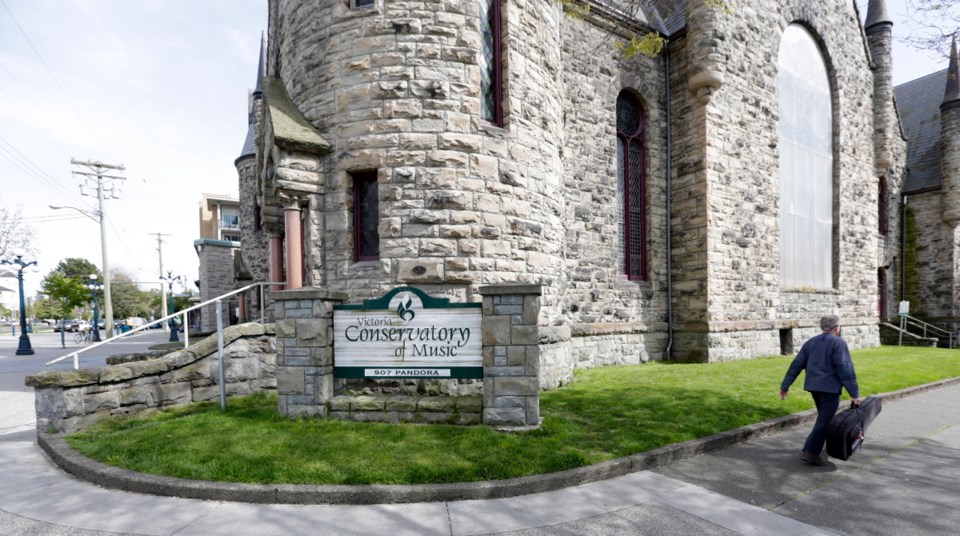Residents and business owners who are facing the effects of mental illness and addictions daily are being left out of a new city “peer-informed” task force struck to study the issue, says Victoria Coun. Geoff Young.
“I think that the direction of the task force that we’ve got here ignores the views of those downtown residents and visitors and businesses who are indirectly affected, the impacts on the cleanliness of the downtown, the cost to our bylaw officers and our police, and focuses entirely on it as if it was exclusively a health-care issue,” Young said.
“We’re not the experts in health care. We’re the experts in impacts on the city and that’s what, in my view, is getting short shrift here.”
The task force is meant to help the city identify what can be done to address “community wellness challenges” related to mental health and addictions. Stakeholders will respond to questions relating to four areas: education, prevention, integration of services and advocacy.
The motion says the task force is looking for members who have experience with:
• Mental-health problems or addictions themselves or in their families.
• The health-care system in the areas of mental health or addictions.
• Homelessness.
Young said the city regularly fields complaints about street disorder, perception of danger, noise and people “setting up house on public spaces and even on private spaces.”
While it’s important that the city be informed about mental-health and addiction issues, the task force’s composition is clearly focused on people who have lived with mental-health issues and addiction, and Indigenous elders, Young said.
He said it does not include representatives from the Victoria Conservatory of Music, which is located next to the Our Place community outreach centre, downtown residents, downtown businesses or landlords.
“They have a very clear interest in how it is that we as a city go about addressing the issues of mental health and addictions in the downtown,” Young said, “yet the proposal we have here is focused very narrowly, I would suggest given the participants, on looking at it from the point of view of the people directly affected.”
Despite Young’s concerns, councillors at committee approved draft terms of reference including $25,000 in funding to undertake a review of other jurisdictions’ strategies on a municipal mental wellness and addictions and $7,500 for honorariums for task force members.
The recommendations came from councillors Sarah Potts, Marianne Alto and Jeremy Loveday.
Loveday was appointed to the task force.
Potts said many “community partners,” including those mentioned by Young, will be involved in developing a strategy.
“They are involved in the initial series of meetings, letting us know what is happening and where are the gaps,” she said. “We need all of their information as well and that is absolutely part of this work.”
That input, Potts said, will then be “filtered through lived experience.”
Best practices suggest “decisions made for people need to include the people who are most affected by it. It’s been noted that there are barriers to participation and also there is value to providing compensation for good work done,” she said.
“We want to honour that and we really want this whole entire process to be driven by peer experience and we want to put that at the forefront of this work.”
Alto said the city has an obligation “to weigh in and take a leadership role.”
“We really do have a unique opportunity here to make changes that will encourage our partners across various service agencies to do the work that will actually save lives day to day,” Alto said.



